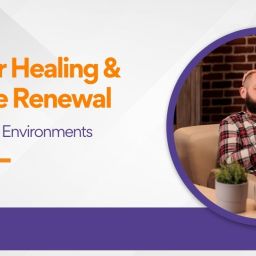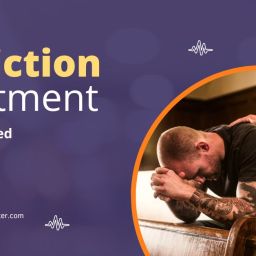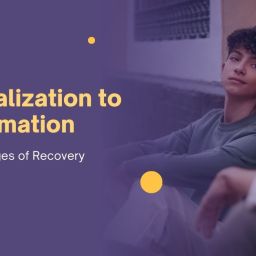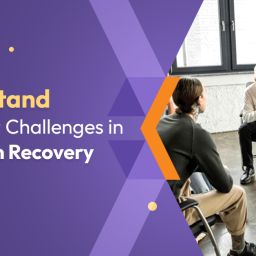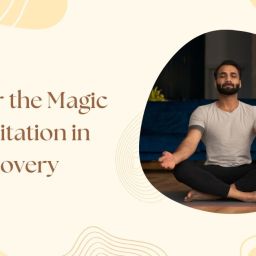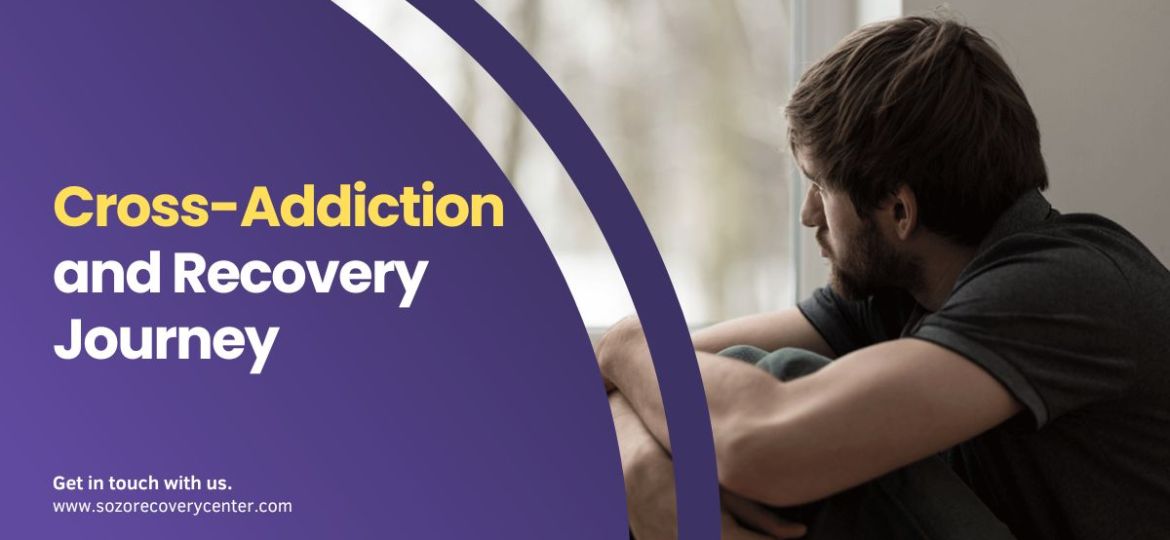
Millions of people worldwide are impacted by the complicated and complex problem of addiction. Addiction affects people of all backgrounds and can take many different forms as it does in many other states. Although most people are aware of addiction to drugs or alcohol, there is a less well-known condition called cross addiction that also requires attention. However, addiction recovery is possible and takes a bit of time even for cross addiction issues.
Let’s understand cross-addiction and seven unexpected cross-addiction facts to help clarify this frequently misinterpreted facet of addiction in Arkansas.
What is cross-addiction?
The term “cross addiction” describes the tendency for people who have previously struggled with substance addiction to grow addicted to other substances or behaviors eventually. For instance, a person in recovery from alcoholism might start substituting gambling or compulsive eating. This idea highlights the complexity of addictive behaviors and their underlying mechanisms, challenging the commonly held belief that addiction is limited to a certain substance or activity.
7 Facts about Cross-Addiction
Misconceptions often surround cross-addiction. Some myths associated with the concept can hinder understanding and perpetuate stigma. So. let’s check out the facts about Cross-addiction to understand it better and opt for the right addiction recovery program.
Anyone navigating the difficulties of substance abuse or addictive behaviors needs to be aware of these fundamental facts about cross-addiction.
Fact 1: Various Signs and symptoms: There is a broad spectrum of behaviors and substances that are included in cross-addiction. Even though it frequently involves substances like alcohol or drugs, it can also show up in activities unrelated to substances like shopping, gaming, gambling, overeating, or even excessive internet use. The behavior’s compulsive nature, which is motivated by the same underlying mechanisms as substance addiction, is what connects them.
Fact 2: Risk of Co-Occurring Disorders: Anxiety, depression, and disorders linked to traumatic experiences are among the mental health conditions that frequently co-occur with cross-addiction. Addictive behaviors can be made worse by these co-occurring disorders, which can also make recovery more difficult. For cross-addiction to be effectively managed, a treatment that is integrated and addresses both addiction and underlying mental health issues is necessary.
Fact 3: Difficulties with Recovery: The road to recovery is more difficult for those with cross addiction. When confronted with cravings or triggers related to their primary addiction or newly developed addictions, people may find it difficult to stay sober or control their addictive behaviors. Relapse prevention techniques, continuous support, and all-encompassing treatment plans are necessary to help manage these obstacles and encourage sustained recovery.
Fact 4: Equally serious as other addictions: Addiction to alcohol or drugs can be devastating and destructive, but so can cross-addiction. Addiction, whether it be to substances or behaviors, can have a severe impact on a person’s relationships, general quality of life, and mental and physical health. Acknowledging the severity of cross-addiction is crucial to offering suitable assistance and therapy to individuals requiring it.
Fact 5: Impacts any personality type or demographics: Anyone can be affected by cross-addiction, regardless of age, gender, financial situation, or personality type. No one is immune to the possibility of developing an addiction, even though some factors such as genetics or environmental stressors may raise that risk. Acknowledging that addiction can affect anyone is crucial, and resources and support should be allocated appropriately.
Conclusion
Cross-addiction is a complicated condition that calls for a comprehensive approach to prevention and treatment as well as an intricate knowledge of it. We can better support people battling addiction and encourage healthier, more fulfilling lives by identifying the various forms of cross-addiction, treating underlying psychological and neurobiological issues, and offering integrated care for co-occurring disorders. We can endeavor to lessen the effects of cross-addiction and create stronger, more resilient communities by investing in resources for addiction treatment as well as continuing education and raising awareness of the issue.



